Lariam (Mefloquine) Class Action Lawsuit
The law firms of Kozyak Tropin & Throckmorton, LLP , Moore and Lee, LLP and Rubinstein Law have filed a class action lawsuit in the Northern District of California federal court against the manufacturer of the malaria prevention drug Lariam, the brand name for generic mefloquine. The lawsuit is based on the manufacturer’s failure to warn the U.S. military and its service members of the substantial and irreversible dangers of this drug and its crippling side effects.
What Do We Know About Mefloquine Toxicity?
Defendants marketed and sold Lariam to the U.S. military for service members deployed to foreign countries for the prevention of malaria. The military then ordered service members to take Lariam prior to deployment and while stationed overseas,
Defendants failed to warn the military, its physicians and its service members about the true nature and prevalence of the severe and irreversible effects associated with the drug. In fact, they misrepresented that the incidence of neuropsychiatric effects was rare and that the symptoms were mild. Defendants also failed to warn patients and prescribers about the nature and extent of the severe and irreversible effects associated with the drug.
Mefloquine toxicity is typically associated with a collection of significant neurological and psychiatric symptoms affecting balance, vision, hearing, memory, dreams, mood and behavior. The presentation of permanent neurological damage, including vertigo, balance disorders and visual disturbance, in the absence of a severe initiating traumatic incident, can further aid in distinguishing mefloquine toxicity from other causes of mental and physical illnesses. Accordingly, appropriate and adequate diagnostic testing is needed to distinguish mefloquine toxicity from other forms of illness.
COURT DOCUMENTS
3/24/2022 – Amended Complaint
Articles
- Information of Mefloquine (Lariam) – July 2011 (War Related Illness & Injury Study Center)
- Mefloquine-associated dizziness, diplopia, and central serous chorioretinopathy: a case report – 10/31/2016 (Journal of Medical Case Reports)
- Screening for Symptomatic Mefloquine Exposure Among Veterans With Chronic Psychiatric Symptoms (Mar 2017)
- A serious nightmare: psychiatric and neurologic adverse reactions to mefloquine are serious adverse reactions – 2017 Vol.5 Iss. 4 (Pharmacology Research & Perspectives)
- Letter to the Editor: Mefloquine Exposure May Confound Associations and Limit Inference in Military Studies of Posttraumatic Stress Disorder – Nov/Dec 2017 (Military Medicine)
- Measurement of Mefloquine Exposure in Studies of Veterans’ Sleep Disorders – 7/15/2018 (Journal of Clinical Sleep Medicine)
- Threats to the validity of studies of post-traumatic stress disorder from unmeasured symptomatic exposure to mefloquine – 2019 (The British Journal of Psychiatry)
- Mefloquine miscues (Mar 3, 2020)
- Psychiatric side effects of mefloquine: applications to forensic psychiatry (undated)
MAIN LEGAL ISSUE IN THE CASE
The primary legal issue is whether the manufacturer of Lariam adequately warned of known potential and permanent toxic side effects of Lariam.
Relief Sought for the Class Members
The Class Action Lawsuits seeks, among other relief, to establish a medical monitoring program for veterans who ingested mefloquine to determine mental and physical problems that may be the result of the side effects of mefloquine. Medical monitoring is a recognized form of relief that allows class members to obtain diagnostic medical examinations and treatment that is funded by a defendant.
Medical monitoring is an important process because mefloquine toxicity is frequently misdiagnosed and attributed to other causes. This results not only in misdiagnosis, but a variety of inappropriate treatments—including, prescription of unnecessary antipsychotics, antidepressants, and/or bipolar medications. Administration of these types of psychiatric drugs may result in exacerbation of symptoms with significant detrimental health effects. The problems that result from mefloquine toxicity may be reduced or eliminated through appropriate diagnostic procedures, including record review of an individual’s prescribing history, careful clinical history, and other medical evaluations, including balance testing. Testing would include Vestibular Oculomotor Screening, Computerized Dynamic Posturography, Videonystagmography, Optokinetic Nystagmus, Maddox-Rod, Magnetic-Resonance Imaging, and/or Positron Emission Tomography.
Support Groups
US Mefloquine Veterans Support
Links
Tests for Diagnosing Vestibular Disorders
Results of scientific inquiry into malaria drugs used by US troops

